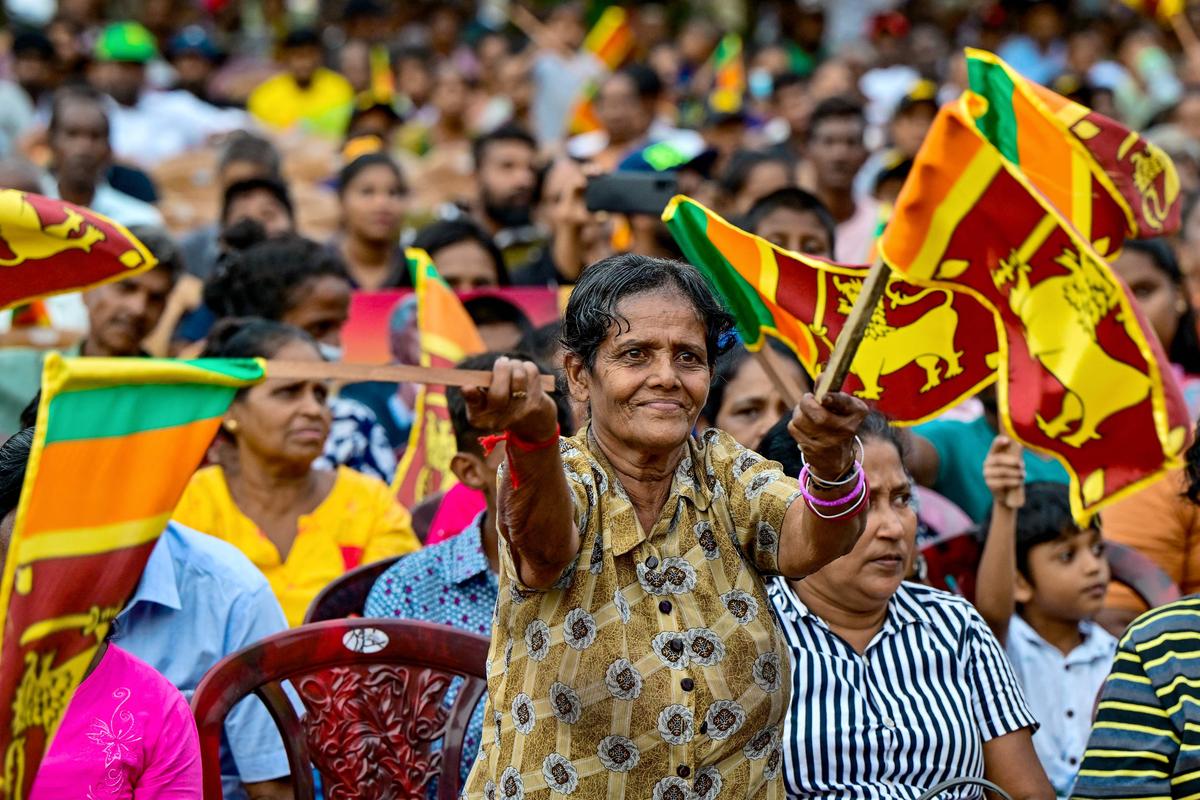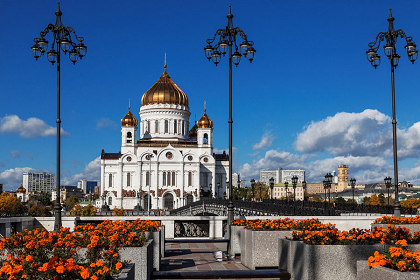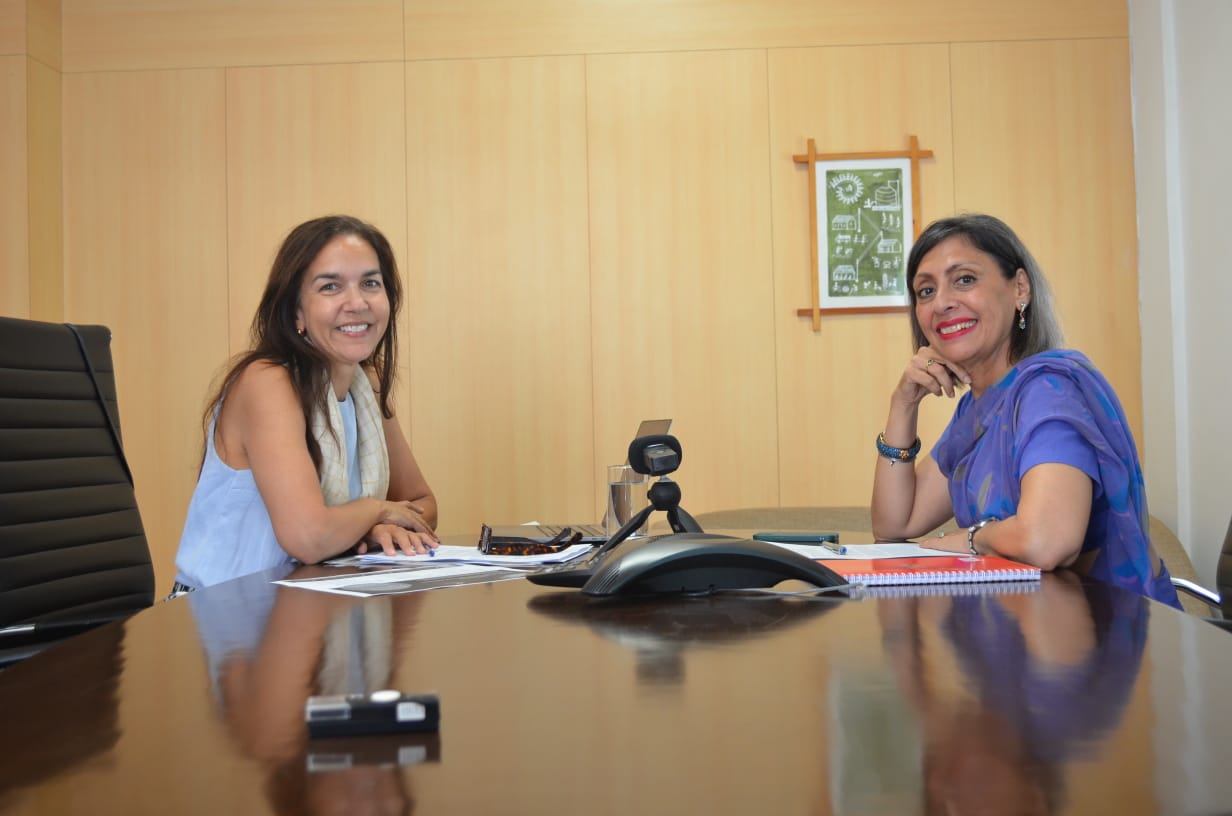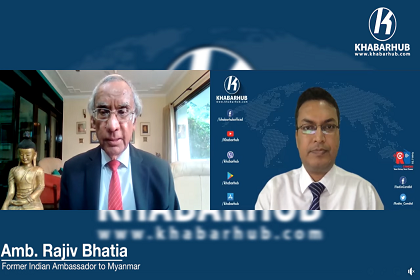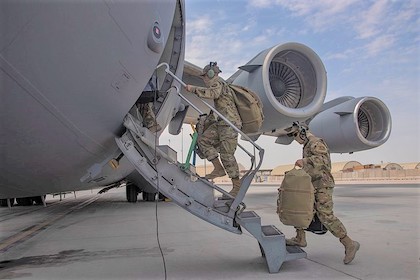Unfolding Geopolitics, Episode 12 | Sri Lanka goes to the polls
The presidential election in Sri Lanka on September 21 is the country's first since its economic crisis of 2022. Dr S D Muni, Professor Emeritus at the School of International Studies, Jawaharlal Nehru University, discusses major issues on the ballot, principal candidates in the race and their policies, long-term social and political trends, and takeaways for the Sri Lankan parliamentary elections due later this year.

